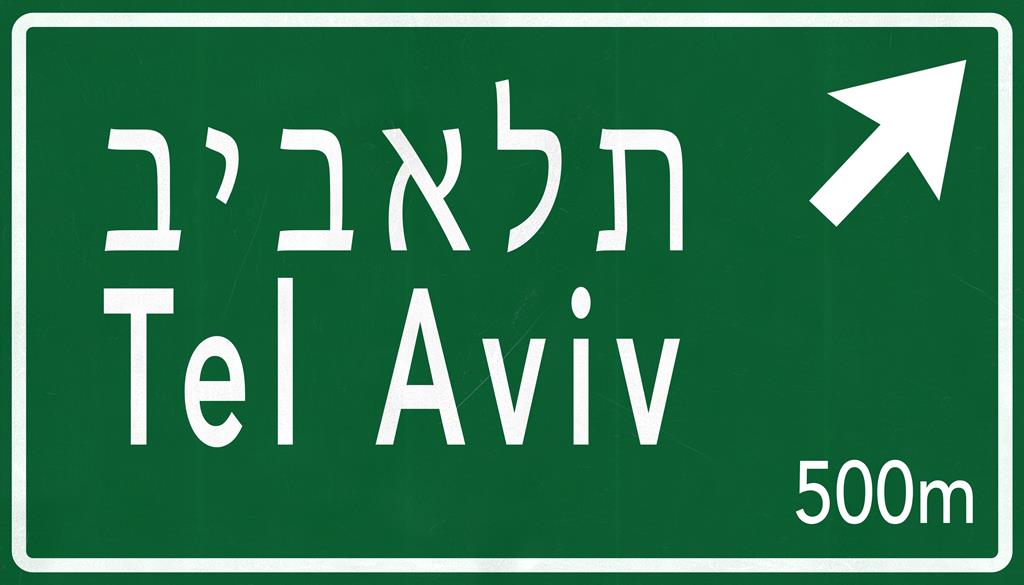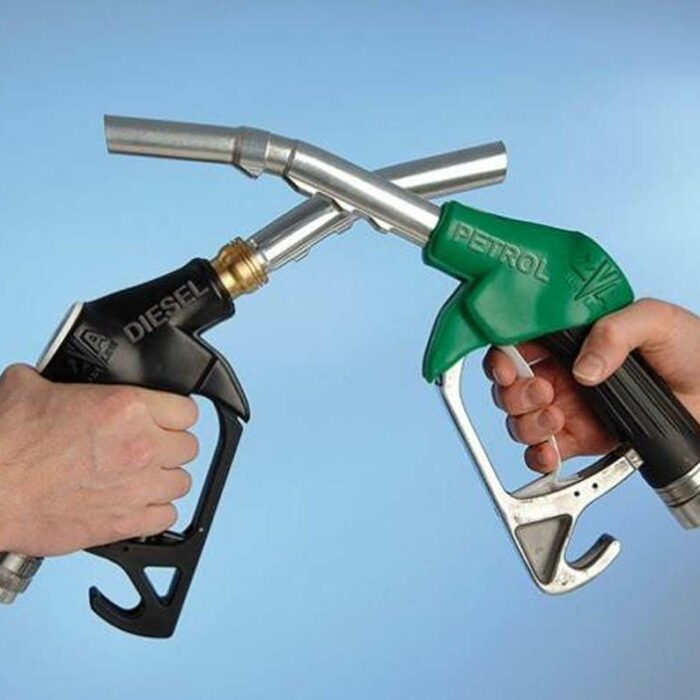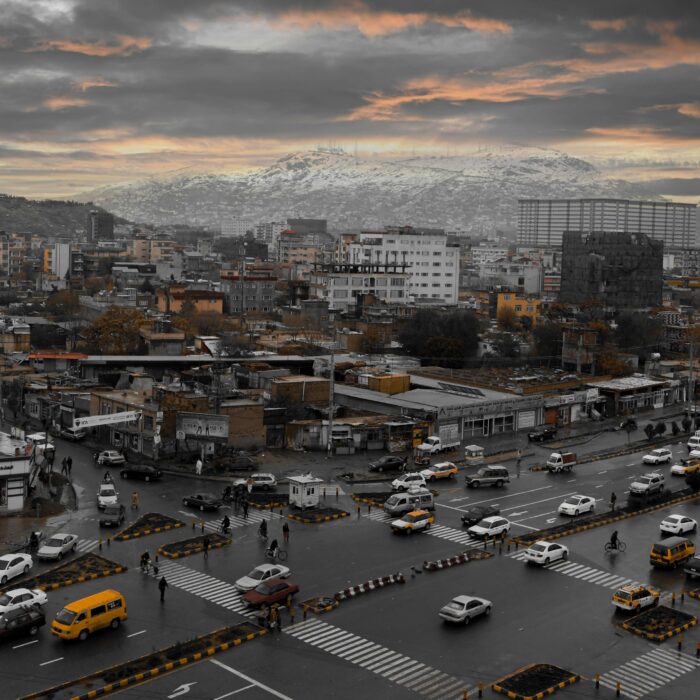Planning to explore Israel by car? Driving through the Holy Land offers unparalleled freedom to discover hidden gems and create your own itinerary. This comprehensive guide covers everything you need to know about renting and driving a car in Israel.
Essential Requirements for Renting a Car in Israel
Before you arrive at Ben Gurion Airport, make sure you have these essential documents and requirements in order:
- International Driving Permit (IDP) – Mandatory for all foreign drivers in Israel
- Valid passport and driver’s license from your home country
- Credit card with sufficient funds for the security deposit (typically $500-$800)
- Minimum age requirement – Most agencies require drivers to be at least 21-25 years old
How to Book Your Rental Car in Israel
We strongly recommend booking your rental car online before your trip. This approach offers several advantages:
- Save valuable vacation time at the airport
- Compare prices and read reviews at your leisure
- Secure better rates with advance booking discounts
- Avoid language barriers and lengthy negotiations
Most rental cars can be picked up at Ben Gurion Airport near Tel Aviv. Many agencies offer one-way rentals, allowing you to drop off the vehicle at a different location and return by train or bus.
What’s Included in Your Israeli Car Rental
Standard rental packages in Israel typically include:
- Unlimited mileage (for rentals of 3+ days)
- Comprehensive insurance coverage including Collision Damage Waiver (CDW), Theft Protection, and Public Liability Insurance
- 24-hour roadside assistance for emergencies and breakdowns
- GPS navigation system (may require additional fee with some providers)
A security deposit is required to cover potential traffic fines or parking violations. This amount (typically $500-$800) will be temporarily blocked on your credit card and released 1-2 days after you return the vehicle.
Step-by-Step: Picking Up Your Rental Car at Ben Gurion Airport
When you arrive at Ben Gurion Airport, don’t rush to the parking lot. Follow these steps for a smooth pickup experience:
- Proceed to the second floor of the terminal building
- Locate the car rental agency counters near the exit
- Complete all paperwork and payment procedures
- Receive your keys and parking location details
Critical Vehicle Inspection Checklist
Before driving off, conduct a thorough inspection of your rental car. This crucial step can save you hundreds of dollars in disputed charges:
Move the car to a well-lit area – This is especially important for night pickups when minor damage can be difficult to spot.
Document all existing damage:
- Scratches, dents, and paint chips on the exterior
- Windshield cracks or chips
- Interior stains, tears, or cigarette burns on upholstery
- Wheel rim damage or tire wear
Take photos or videos of all damage from multiple angles. Ensure the rental agent records every issue on their tablet or inspection form. Don’t rely solely on their initiative – undocumented damage could cost you €500 or more.
Verify these essential items are present and functional:
- Spare tire in good condition
- Car jack and wheel wrench
- Adequate fuel level (should be full)
- Proper oil level
- Working lights, signals, and windshield wipers

Important Fuel Policy Guidelines
Israeli car rental agencies operate on a “full-to-full” fuel policy:
- Pick up the car with a full tank
- Return it with a full tank
- Failure to refill will result in charges at double the fuel price per liter
- Save your final fuel receipt as proof
Money-saving tip: Fuel prices vary across Israel. Tourist destinations like Eilat often offer cheaper gas prices than central regions.
Driving on Israeli Roads: What to Expect
Israel’s road infrastructure is excellent and well-maintained, making it a pleasure to drive through the country. Here’s what makes driving in Israel exceptional:
- Superior road quality – Highways are well-paved and maintained, with repairs conducted overnight to minimize disruption
- Minimal traffic congestion – Traffic jams are rare outside major cities during rush hours
- Separated traffic flows – Over 90% of roads have divided lanes with no oncoming traffic, significantly reducing collision risks
- Bilingual signage – All road signs appear in Hebrew and English, making navigation straightforward
- Efficient interchanges – Modern transport interchanges simplify route planning and highway transitions
Israeli Speed Limits and Traffic Laws
Automated cameras monitor speed and traffic violations throughout Israel. Fines will be mailed to your address anywhere in the world. Know these speed limits for passenger vehicles:
- Urban areas: 50 km/h (31 mph)
- Rural roads: 80 km/h (50 mph)
- Highways: 110 km/h (68 mph)
Additional mandatory traffic regulations:
- Daytime running lights or low beams must be on while driving on rural roads during daylight hours
- Using fog lights in clear weather results in a 250 shekel fine
- All passengers must wear seat belts, including rear-seat passengers
- Mobile phone use while driving is prohibited without hands-free devices
Planning Your Israeli Road Trip Route
Israel’s compact size belies its incredible diversity. Strategic route planning ensures you experience the best of the Holy Land:
- One-week itinerary: Sufficient to visit major attractions including Jerusalem, Tel Aviv, Dead Sea, and Galilee
- 3-4 weeks: Ideal duration for comprehensive exploration including off-the-beaten-path destinations
- Navigation tools: Use GPS navigation combined with paper maps in your native language as backup
- Palestinian territories note: GPS navigation may be unreliable in some areas – carry physical maps
Accommodation and Services Along Israeli Roads
Israel offers well-developed roadside services throughout the country. However, keep realistic expectations about accommodation standards – Israeli “5-star” hotels often correspond to international 3-star service levels, particularly regarding ambiance and amenities.

Final Tips for Your Israeli Driving Adventure
Driving through Israel offers unmatched freedom to explore this historic land at your own pace. Remember these key takeaways:
- Obtain your International Driving Permit before departure
- Book your rental car online in advance for better rates
- Document all vehicle damage thoroughly with photos
- Respect speed limits and traffic regulations to avoid fines
- Return the vehicle with a full tank of fuel
Have a wonderful journey exploring the Holy Land by car! With proper preparation and your International Driving Permit in hand, you’re ready for an unforgettable Israeli road trip adventure.

Published April 16, 2018 • 5m to read





